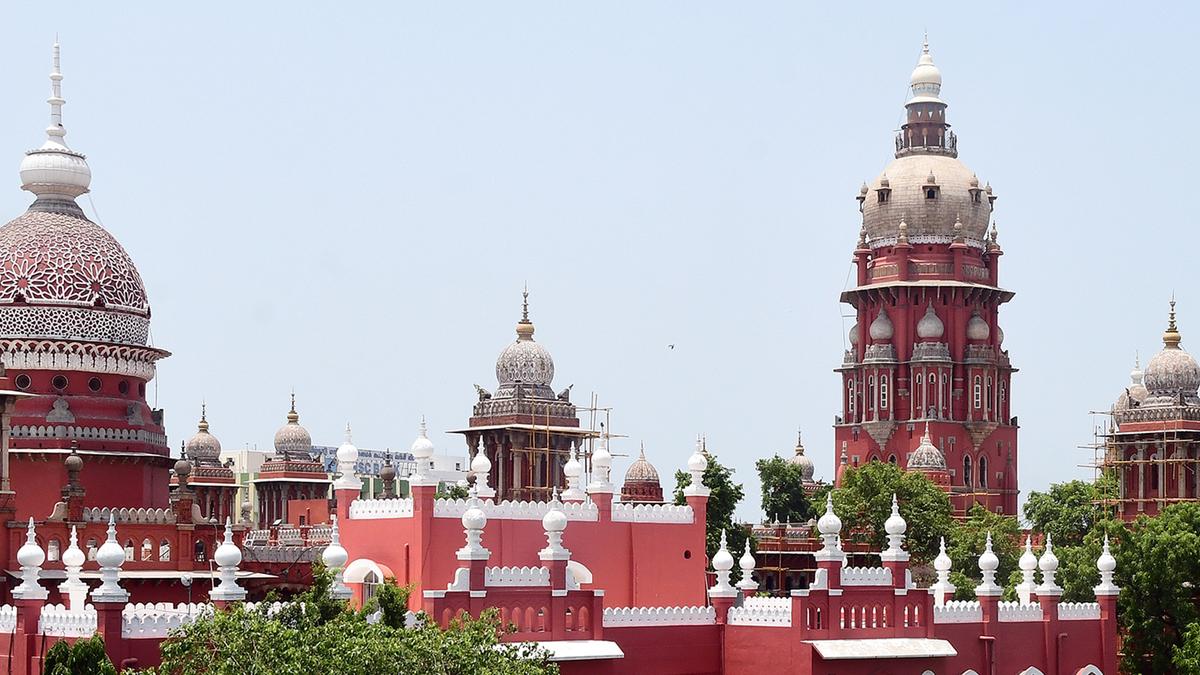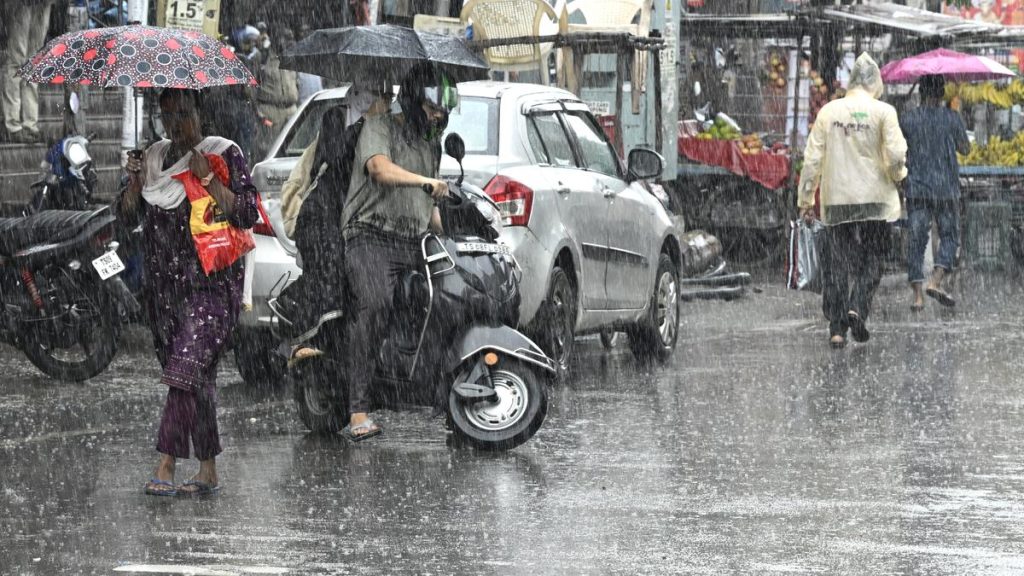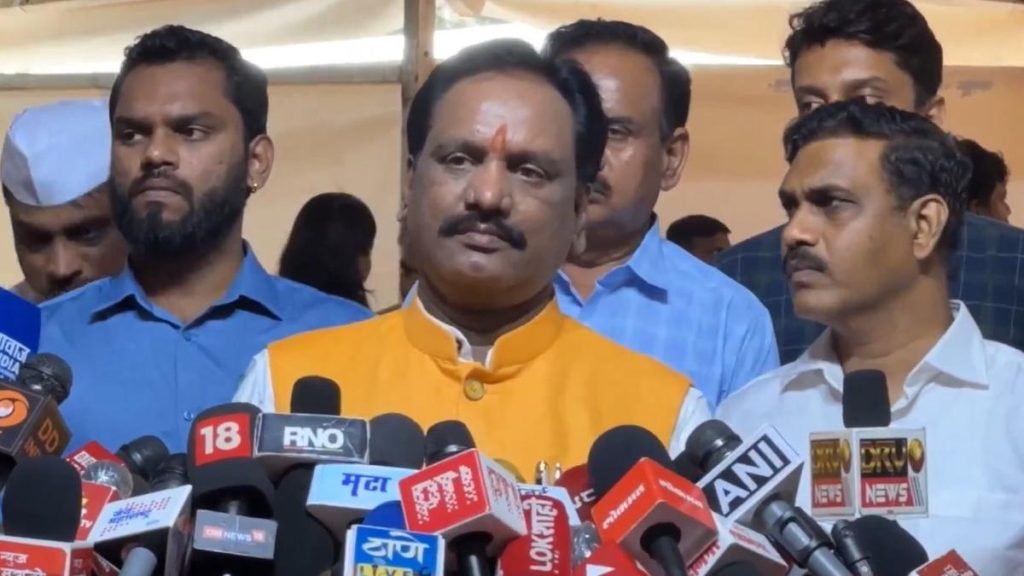Now Reading: Madras High Court Cites Poverty, Orders Release of Life Convict on Parity Grounds
-
01
Madras High Court Cites Poverty, Orders Release of Life Convict on Parity Grounds
Madras High Court Cites Poverty, Orders Release of Life Convict on Parity Grounds

Quick Summary
- The Madras High Court has ordered the release of Balu alias D. Balasubramanian, a convict in a 2002 dacoity-cum-murder case, granting him parity with three co-convicts whose sentences were reduced by the Supreme Court in 2018.
- A Division Bench comprising Justices M.S. Ramesh and V. Lakshminarayanan found merit in the argument that had Balu approached the Supreme Court alongside his co-convicts, his sentance might have also been reduced from life imprisonment to 10 years of rigorous imprisonment.
- The petition for release was filed by Balu’s wife, Indira Gandhi, who claimed her husband’s constitutional rights under Article 21 (right to life and personal liberty) were violated due to lack of parity.
- Additional Public Prosecutor E. Raj Thilak did not dispute the legal proposition outlined by previous Supreme Court rulings on extending similar benefits to unappealed convicts.
- The case dates back over two decades when Balu was convicted alongside others for robbing gold and silver from a jewelry store while an associate murdered a person inside. Though Balu himself committed no overt act regarding the murder, he was liable under Section 391 IPC as part of the gang.
- While lower courts sentenced all convicts to 10 years’ imprisonment initially, their punishment was enhanced to life imprisonment by the High Court following a state appeal in 2010. Three co-convicts later appealed successfully at the Supreme Court for sentence reduction.
Indian opinion Analysis
The decision highlights an important judicial principle-ensuring parity among similarly placed convicts-in cases where some fail to approach higher courts due to socio-economic barriers like poverty or lack of legal representation.By allowing relief under Article 226 of India’s Constitution, which grants High Courts wide powers for ensuring justice and preventing manifest injustice, this judgment underscores how procedural inequities can create disparities even among co-convicts.
The ruling further emphasizes evolving trends in judicial interpretation around fundamental rights (Article 21), signaling broader efforts within India’s judiciary toward recognizing systemic challenges affecting equal access to legal remedies.
This development could possibly inform future guidelines on ensuring uniformity across convictions involving multiple defendants while considering individual circumstances like financial limitations that exclude some from appellate processes.
For more details: Link
























